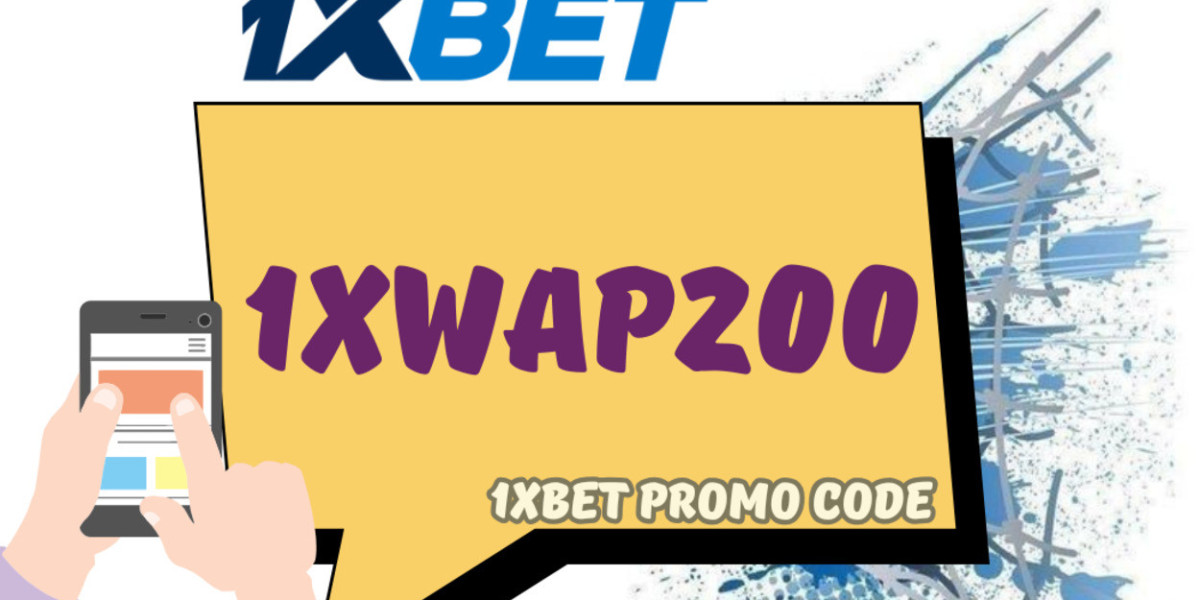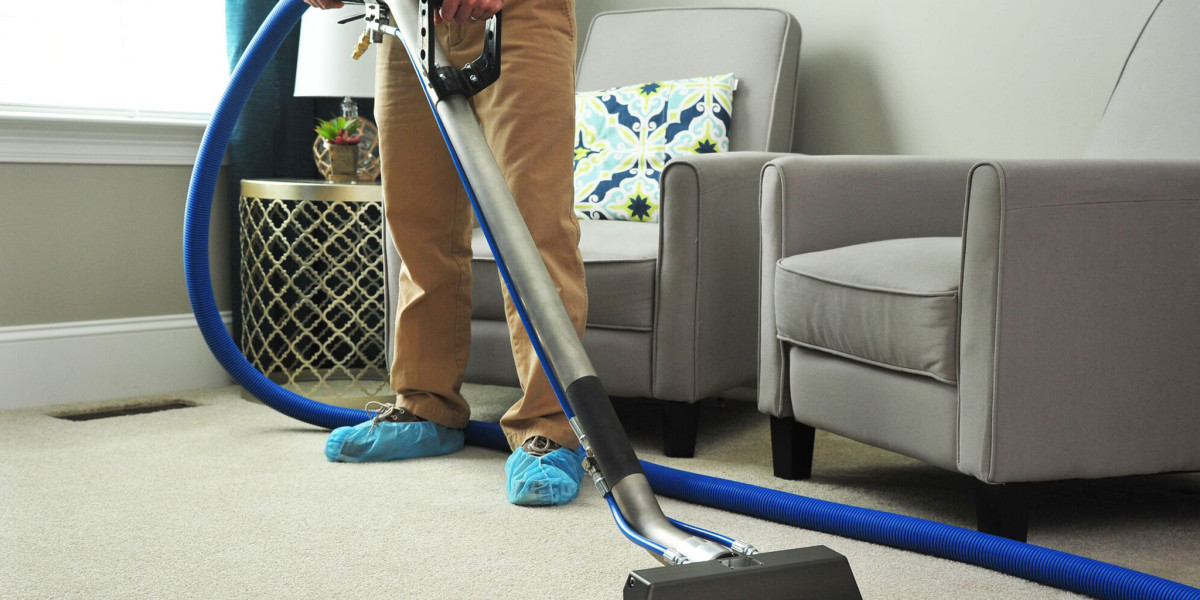Real estate in Illinois demands more than just sales skills. If you're a managing broker, you're responsible not just for yourself but also for every broker under your supervision. Managing broker license compliance in Illinois is not just a box to check—it’s a legal requirement with serious consequences.
Whether you're newly licensed or a veteran, staying on top of compliance requirements is crucial to avoid penalties, license suspension, or even revocation. Let's break it down clearly and simply.
What Is a Managing Broker in Illinois?
A managing broker in Illinois is a real estate professional with an advanced license. You’re allowed to manage an office, supervise brokers, and handle complex transactions. You carry more responsibility—and that includes legal compliance.
To get this license, you must already hold a broker license, have two years of full-time experience, and pass the Illinois Managing Broker Exam.
But once you’re licensed, your work isn’t done. Ongoing compliance is critical.
Key Compliance Responsibilities
Managing broker license compliance in Illinois involves more than just filing forms. You’re responsible for:
- Maintaining a current license
- Completing continuing education (CE)
- Supervising all affiliated licensees
- Following IDFPR rules (Illinois Department of Financial and Professional Regulation)
- Keeping accurate records
Let’s go into each of these.
License Renewal Requirements
Illinois managing broker licenses expire every two years on April 30th of odd-numbered years. Failing to renew your license on time may result in automatic expiration.
Here’s what you need to renew:
- A renewal application through IDFPR
- Payment of the renewal fee
- Proof of CE completion
You’ll receive notices by email, but it’s your responsibility to track deadlines. No excuses are accepted for missing a renewal period.
Continuing Education (CE) Requirements
Education is a core part of license compliance. As a managing broker, you're required to complete:
- 24 hours of CE every renewal cycle, including:
- 12 hours of core courses (mandatory)
- 12 hours of elective courses
- A 12-hour Managing Broker Pre-License course before applying
All CE must be IDFPR-approved. Completing these courses ahead of time avoids last-minute stress and gives you peace of mind.
Tip: Don’t wait until the last month to finish your CE. Many brokers run into tech issues or course availability problems in April.
Supervisory Duties
Compliance doesn’t stop at your license. You’re legally responsible for all licensees under your management. That includes:
- Making sure they renew their licenses on time
- Verifying that they complete their CE
- Overseeing their advertising
- Checking all transactional paperwork
If a broker you supervise violates state laws or IDFPR rules, you could also be held liable. Always maintain detailed records and regular check-ins with your team.
Office and Record Management
The IDFPR has strict rules regarding office operations. Here’s what you must maintain:
- A visible and registered office location
- Updated records of all transactions for at least five years
- Copies of all contracts, disclosures, and escrow documents
- Clearly labeled escrow accounts
All records must be accessible for IDFPR audits at any time. Non-compliance here can lead to serious fines or license suspension.
Common Compliance Mistakes to Avoid
Even experienced brokers can slip up. Here are the most common pitfalls:
- Missing CE deadlines
- Overlooking the April 30 renewal
- Failing to supervise licensees properly
- Using unapproved marketing language
- Not reconciling escrow accounts monthly
Avoid shortcuts. Always double-check and maintain a compliance checklist.
Penalties for Non-Compliance
The IDFPR doesn't hesitate to act when rules are broken. Penalties include:
- Fines up to $25,000 per violation
- Temporary suspension or permanent license revocation
- Mandatory hearings before the Real Estate Administration and Disciplinary Board
- Damage to your professional reputation
Many brokers assume they can "fix it later." But the damage to your career can be long-lasting. Prevention is better—and cheaper—than correction.
Staying Compliant Year-Round
Here are smart ways to stay compliant:
- Mark important dates in your calendar (especially CE deadlines and renewal windows)
- Create a digital folder for CE certificates
- Schedule monthly check-ins with your affiliated brokers
- Subscribe to IDFPR updates
- Use a compliance management tool or CRM
Regular review and organized tracking will save you from last-minute chaos or errors.
FAQs: Managing Broker License Compliance Illinois
Q1: Can I renew my license late?
Yes, but you'll pay a late fee and may face penalties. Don’t risk it—renew on time.
Q2: What if one of my agents breaks a rule?
You could also be held accountable. Document your supervision efforts.
Q3: Are online CE courses accepted?
Yes, but only if they’re IDFPR-approved.
Q4: Do I need to post my license in my office?
Yes. Both your license and those of your brokers must be displayed.
Conclusion
Managing broker license compliance in Illinois isn’t optional—it’s essential. By following the rules, completing your education, supervising your team, and maintaining proper records, you ensure your success and protect your future. Don’t wait until an audit or penalty forces you to act. Stay proactive, stay informed, and stay compliant.
Don’t risk your career. Stay current with managing broker license compliance Illinois today—protect your license, your business, and your reputation. Act now.












